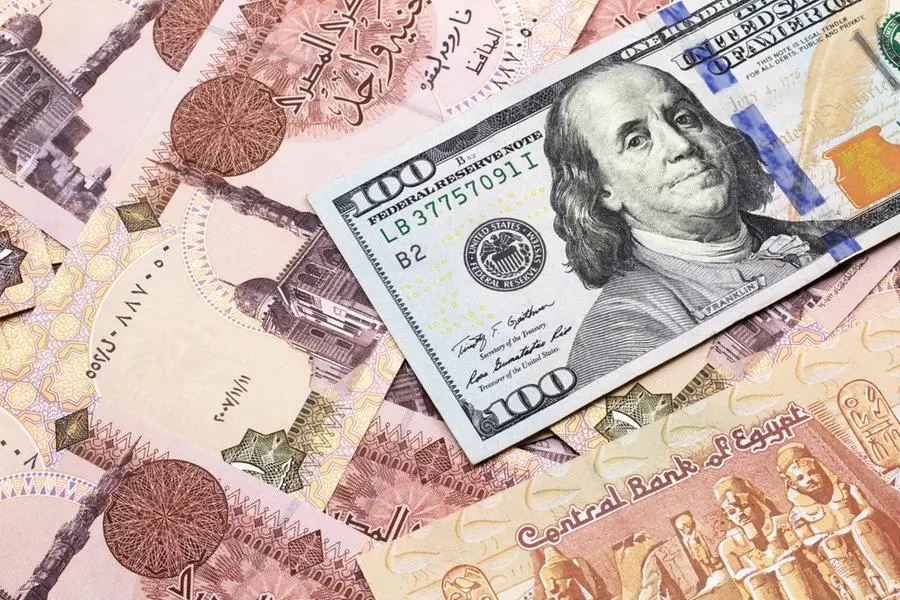PHOTO
Egypt's pound weakened by about 10% after the country's central bank moved to a flexible currency regime.
The Central Bank of Egypt on Thursday raised interest rates by 200 basis points in a special meeting of its monetary policy committee (MPC). The bank also announced that it is moving to a “a durably flexible exchange rate regime, leaving the forces of supply and demand to determine the value of the EGP against other foreign currencies...”.
The central bank's MPC set the overnight lending rate at 14.25% and the overnight deposit rate at 13.25%. The discount rate was also raised by 200 basis points to 13.75%.
London-based consultancy Capital Economics said in a note that the move to flexible exchange rate will result in the pound falling 18% to 24/$ by end-2023 if not sooner. "The move will result in some short-term economic pain but it will help to get an IMF deal over the line and go a long way to restoring macroeconomic stability."
"The objective of raising policy rates is to anchor inflation expectations and contain demand side pressures, higher broad money growth and second round effects of supply shocks," the central banks said in a statement.
Capital Economics said it "wouldn't be surprised if it delivered a bit more tightening over the coming months".
Bankers and economists have long argued that the EGP is overvalued against a strengthening dollar. Earlier this week, the Central Bank governor Hassan Abdalla said Egypt will develop a new currency indicator to change the perception that the Egyptian pound should be pegged to the US dollar.
(Writing by Brinda Darasha; editing by Seban Scaria)
(brinda.darasha@lseg.com)





















